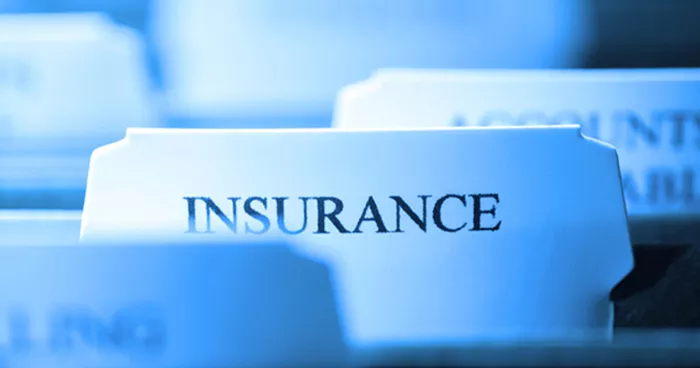LONDON — The RSA brand, one of the most established names in the UK insurance sector, is set to vanish by the end of the year as its Canadian parent company, Intact Financial Corporation (IFC), moves to consolidate its operations under the Intact Insurance name.
Intact, Canada’s largest property and casualty insurer, confirmed that the rebranding will also include NIG and Farmweb — two broker-focused insurance arms acquired from Direct Line Group in 2023. This marks the end of RSA’s long-standing presence in the UK insurance landscape, with roots tracing back over 300 years to the founding of the Sun Fire Office in 1710.
RSA, once known as Royal & Sun Alliance, was acquired by IFC in 2021 through a £3 billion deal covering its UK and Canadian operations. Today, RSA provides commercial insurance services to a diverse client base, including major firms like G4S and Network Rail, and covers around 7% of the UK’s small and medium-sized business insurance market.
The decision to retire the RSA name reflects evolving industry dynamics, said RSA CEO Ken Norgrove. Unlike personal insurance, commercial policies are sold through brokers rather than online comparison sites, making brand recognition less critical. “Being a household name is not critical for us,” Norgrove said, noting that many brokers actually favored the Intact brand due to its strong reputation.
IFC CEO Charles Brindamour echoed that sentiment, suggesting that UK insurers faced reputational damage during the pandemic over disputes about policy wording, while North American firms were less affected thanks to clearer exclusions. “The clarity of the language and the product is an issue, especially on this side of the pond,” he said.
Brindamour warned that the insurance industry faces growing risks from cyber threats. Unlike natural disasters, which tend to be localized, a major cyber incident could impact businesses globally. “It’s hard to diversify… tail risk management is a big issue,” he said, emphasizing the limits of existing cyber risk models.
Currently, RSA’s cyber offerings are primarily designed for large enterprises with tailored risk profiles. Norgrove acknowledged the need to expand cyber insurance for small and medium-sized businesses. “We do provide an element of cyber coverage but in our opinion it’s not broad enough, strong enough, or taken up enough by SMEs,” he said.
Climate risk also remains a pressing concern. IFC has been proactive in investing in climate modeling to help bridge the protection gap between insured and uninsured losses. In the UK, the firm anticipates that natural disaster costs, particularly from flooding, will rise by 50% over the next 15 years and has incorporated this forecast into its operational planning.
In 2024, IFC’s UK and Ireland division reported a pre-tax operating profit of C$301 million (£172 million), nearly double its earnings from the previous year. The strong performance underscores the group’s growing presence in the UK market — even as one of its oldest brands prepares to fade into history.
Related topic:
Top Insurers See Market Capitalization Growth in Q1 2025, Led by PICC Property and Casualty
Hong Leong Assurance Launches Retirement-Centric Insurance Plan Amid Growing Aging Concerns
State Farm’s Proposed Rate Hike Faces Intense Scrutiny Amid Conflict of Interest Concerns















